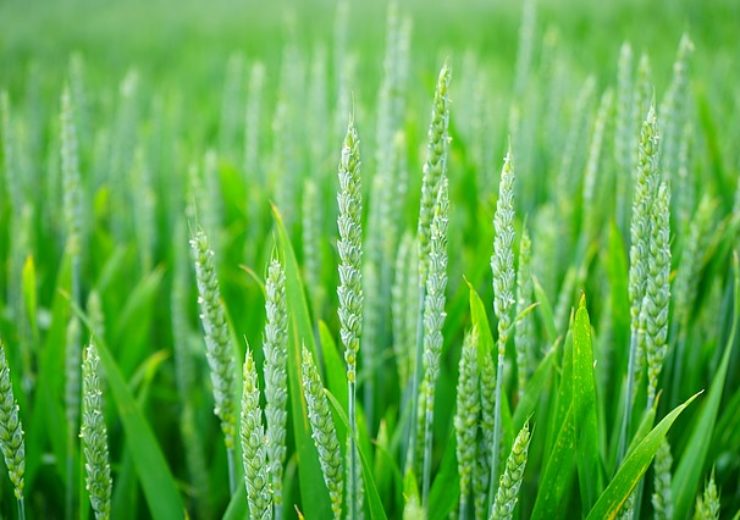Yield10 is testing C3003 as a technology to increase seed yield in major crops such as Camelina, canola, soybean and corn

Image: C3003 is being tested as a technology to increase seed yield in major crops such as canola, soybean and corn. Photo: courtesy of Hans Braxmeier from Pixabay.
Agricultural bioscience company Yield10 Bioscience has secured a patent from the US Patent and Trademark Office for its crop yield trait, C3003.
Yield10 applies its Trait Factory for the development of high-value seed traits, which can be used in the agriculture and food industries. The company has secured an exclusive licence for this intellectual property from The University of Massachusetts.
C3003 is being tested as a technology to increase seed yield
The C3003 yield trait is based on a transporter gene derived from algae, which can be used to improve seed yield in plants.
Yield10’s C3003 is supposed to play a significant role in carbon capture and directing carbon to seed. It is being tested as a technology to increase seed yield in major crops such as Camelina, canola, soybean and corn.
Two major companies are advancing assessment of C3003 in soybean and forage sorghum, as part of research licences with Yield10.
The company intends to begin the commercial development of C3003 in canola, based on 2018 field test results where C3003 produced an 11% increase in seed yield.
The Trait Factory includes two components, including GRAIN computational modelling platform that enables to identify specific gene changes designed to enhance crop performance.
The genome-editing or traditional agricultural biotechnology approaches will be used for the deployment of those changes into crops.
Yield10 president and CEO Dr Oliver Peoples said: “While we look forward to additional patents being granted on our inventions in 2019 and beyond, we continue to protect our discoveries with new filings.
“In 2019 alone, we have filed new patent applications related to our GRAIN technology platform as well as the use of our Camelina platform to cost-effectively produce PHA/PHB biomaterials. The growth of our intellectual property portfolio is a direct reflection of the innovative capabilities of our team.”
